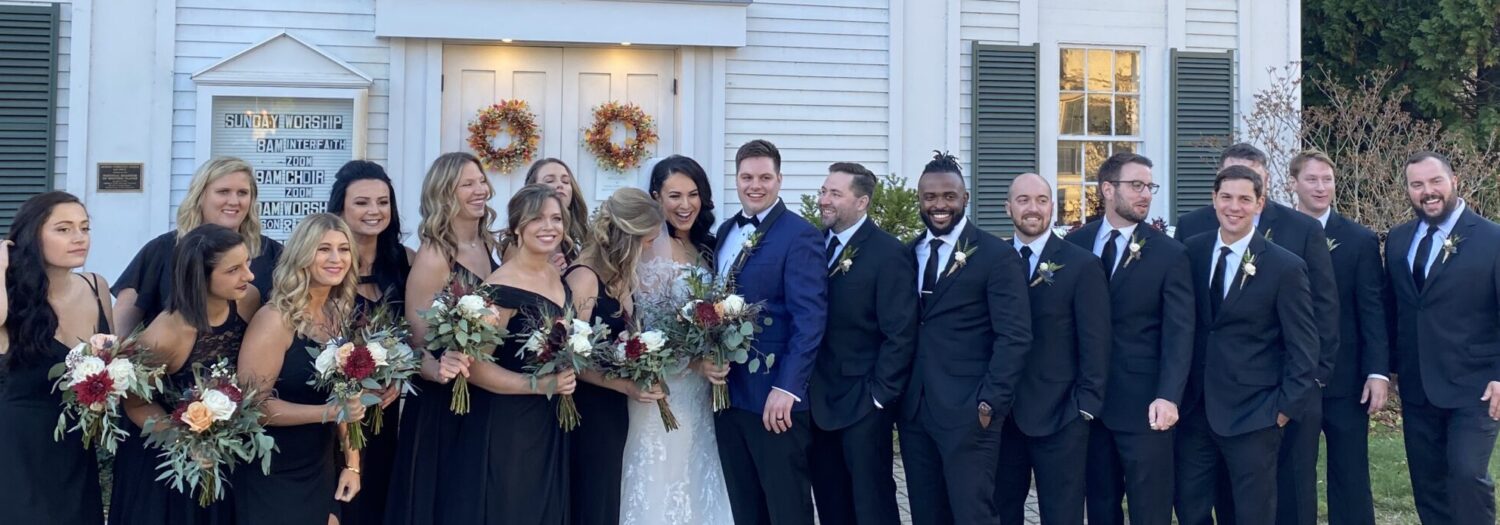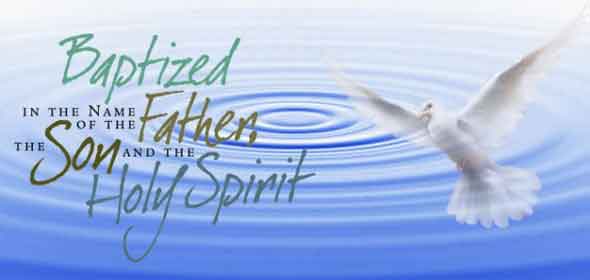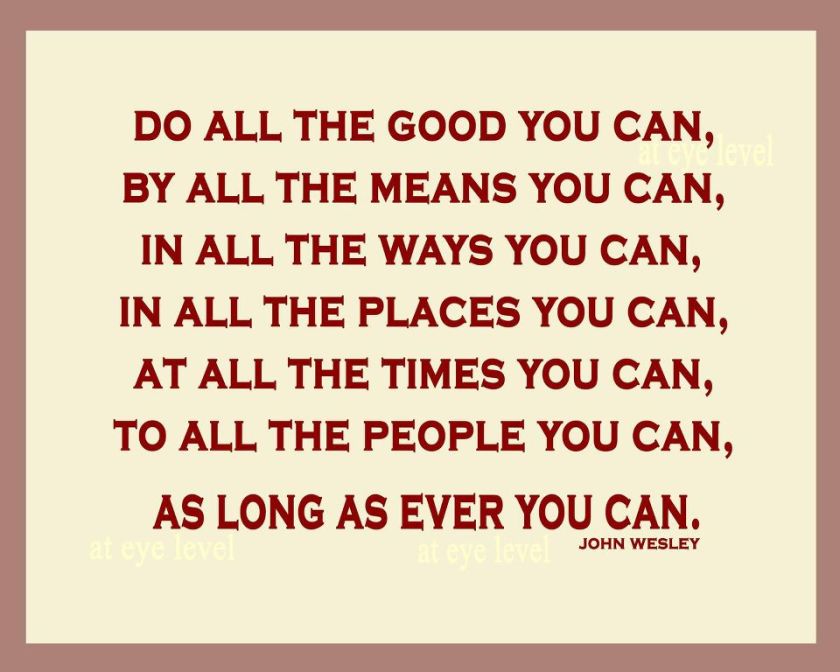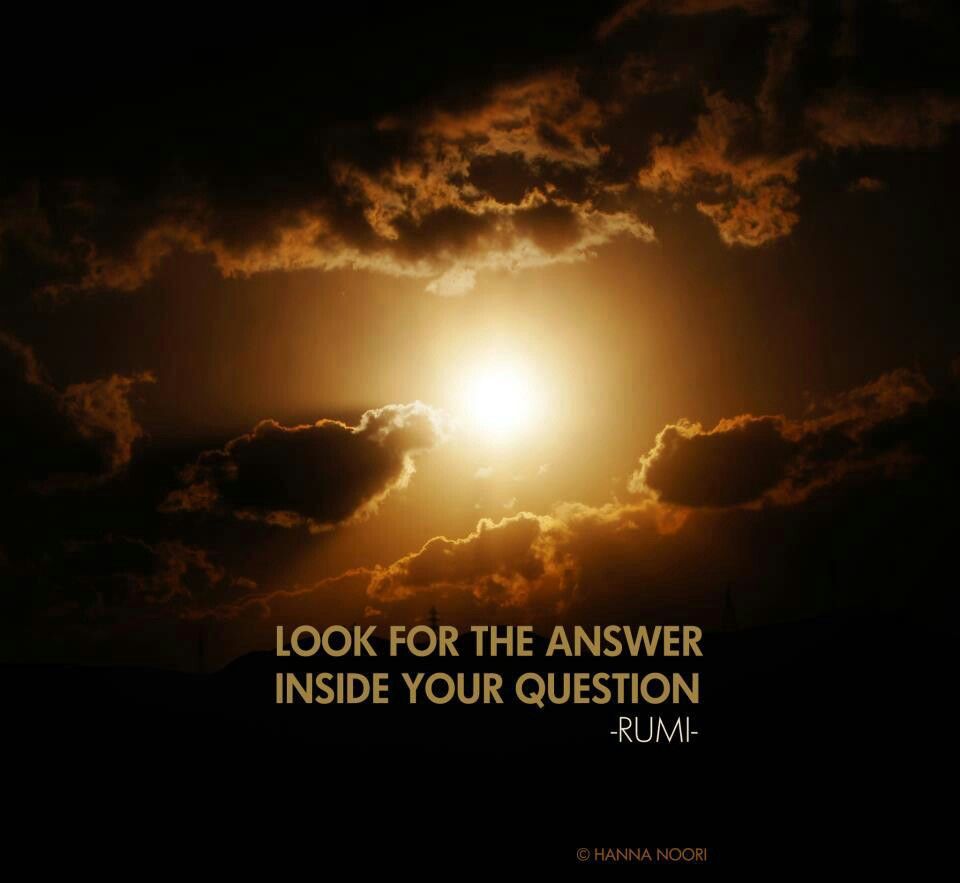Reflections on baptism and new life: themes for this Sunday’s baptismal sacrament
For some reason, there was something painful for me about the idea of being loved completely apart from what I do or do not do. It’s perhaps all we really want in life, and yet the prospect of it, stung. I’m not even sure why. Maybe because it only highlighted how much being loved apart […]




